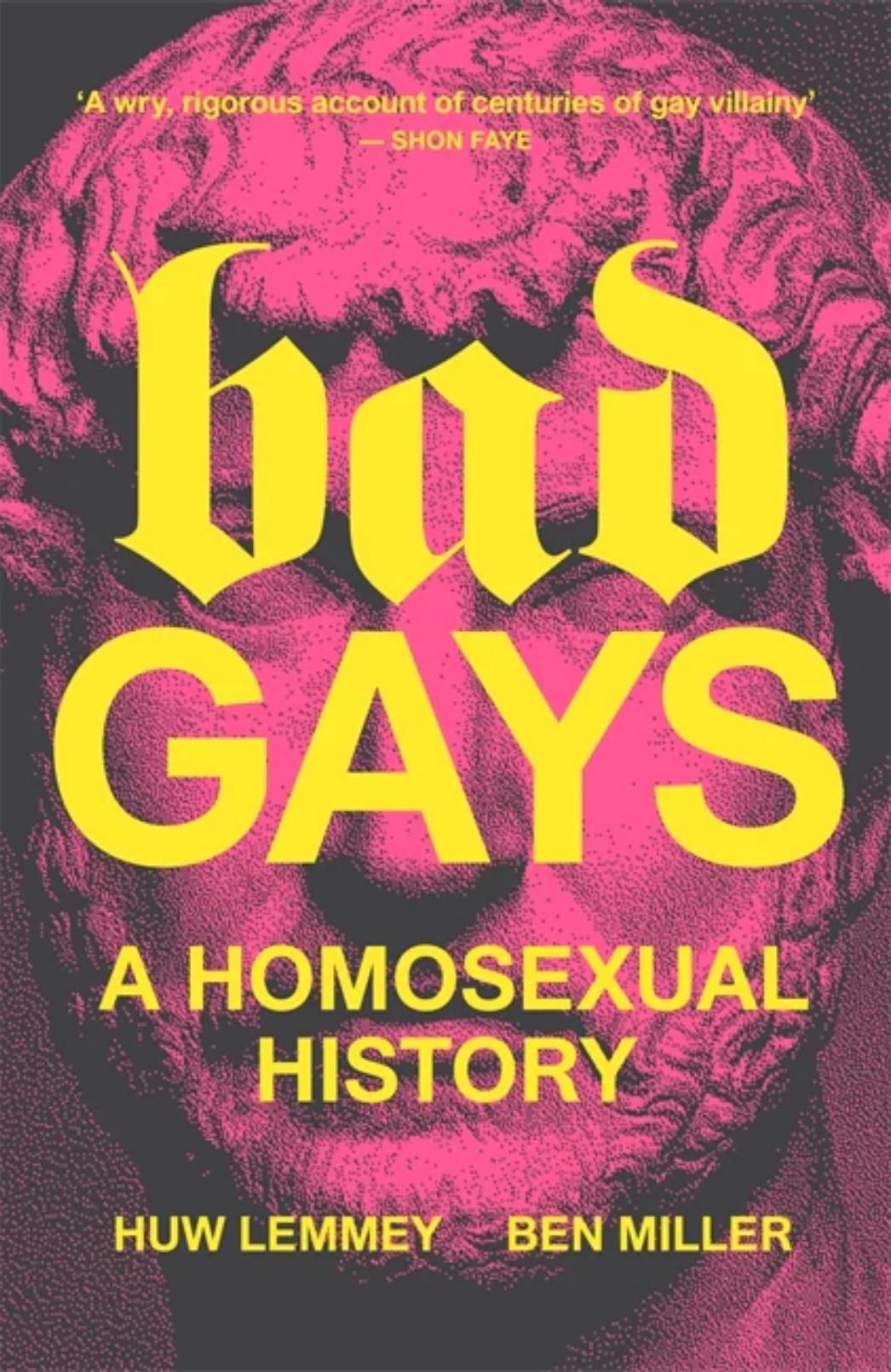History has long been central to the fight for gay rights. In the early days of the liberatory movements that exploded after Stonewall — as queer people started to come out, to overcome shame, to fight for civil rights, to even fight the cops — many began looking back through history, seeking to find examples that proved that we have always been here. They seized on figures ranging from Oscar Wilde to Sappho, Abraham Lincoln to Leonardo da Vinci, to show that queerness was not some novel thing, that many of history’s heroes and innovators and pioneers had been queer, that they had a past of which they could be proud.
“This was important work,” acknowledge Huw Lemmey and Ben Miller in their provocative new book, Bad Gays: A Homosexual History, yet it was also, inevitably, reductive. Indeed, accepting queer people as full human beings also means accepting that many are and were flawed. Queers fought the Nazis, but what about the queers who were Nazis? Understandably, queer activists, ordinary queer people, and the capitalists of Hillcrest may not wish to lift up the queer frauds, queer criminals, queer murderers. “But is it not time we also look at those whom the early gay rights pioneers were less keen to claim as family, as one of us?” Lemmey and Miller ask. The “bad gays,” too, have always been here. And if the price of “acceptance” is a kind of social sainthood, an anodyne and sanitized and unthreatening model minority, perhaps that price has become too high to pay.
To be sure, legions of homophobes have not hesitated to conflate all queer people with pedophiles or cannibals, with John Wayne Gacy and Jeffrey Dahmer and the like. But few people who are not expressly bigoted have systematically considered history’s queer villains and their enduring significance.
Lemmey and Miller — both, like this reviewer, gay men — have set out to remedy this absence. To this end, they have written a book consisting of 14 chapters, each one profiling a “bad gay” or group of “bad gays,” from the Emperor Hadrian to J. Edgar Hoover and Roy Cohn, from King James of England to the Japanese writer, bodybuilder, and militia leader Yukio Mishima. The book covers individuals from ancient times as well as the recent past, including both the (in)famous and the unknown, although (for reasons that become plain) the focus remains on powerful white men in the Global North.
